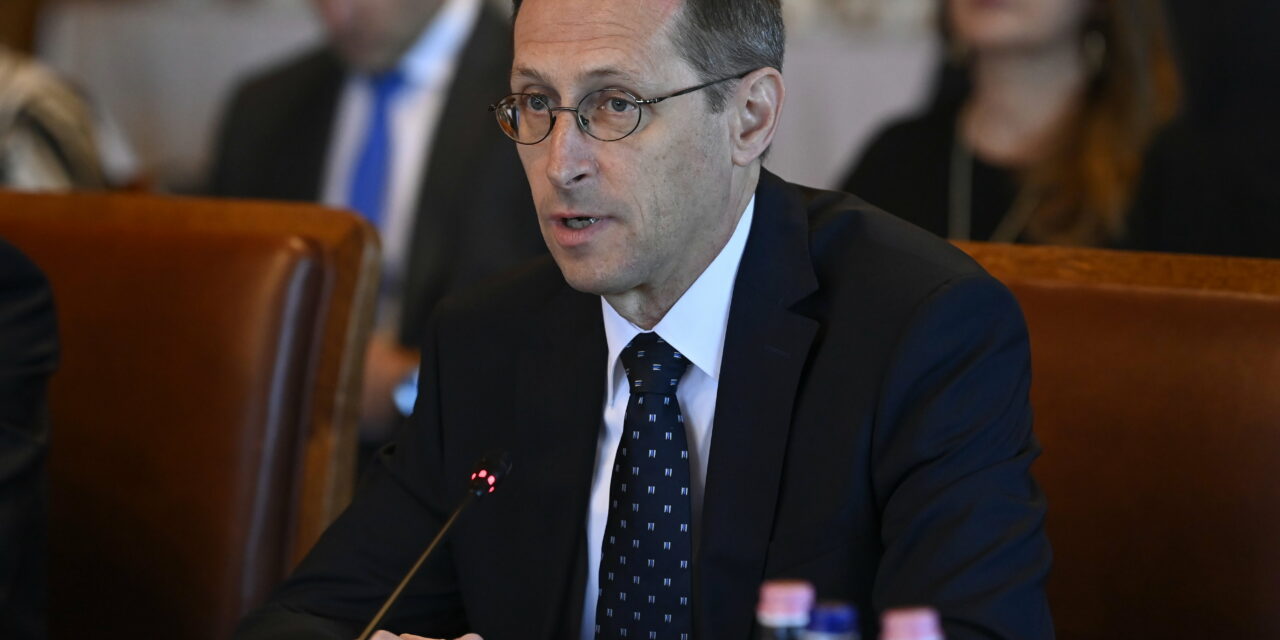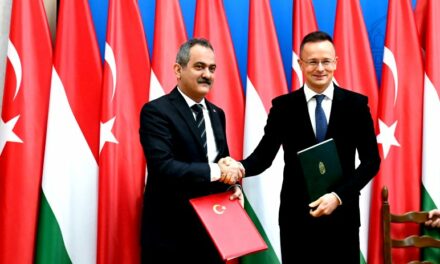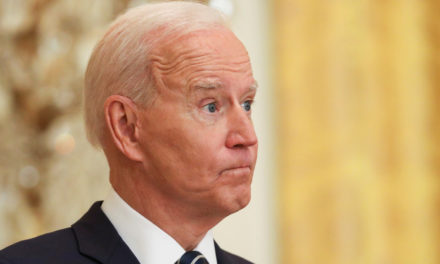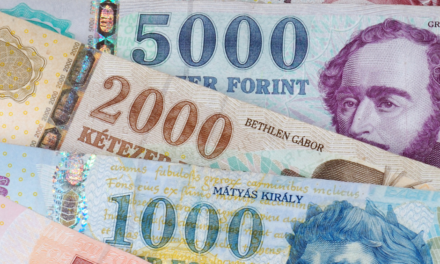The International Monetary Fund (IMF) has improved its forecast for the growth of the Hungarian economy this year to 5.7 percent, one of the largest expansions in the region is expected in Hungary, stated Mihály Varga, who is participating in the annual general meeting of the World Bank and the International Monetary Fund in Washington, the Ministry of Finance informed in its statement on Friday .
The Hungarian Minister of Finance emphasized that today we can participate in the General Assembly of the International Monetary Fund within a completely different framework than in the period around 2008. The Hungarian government at the time expected solutions from the IMF, while today there are also examples of Hungary providing the right answers to economic policy issues.
At the plenary session of the International Monetary and Financial Committee, Mihály Varga represents the group of countries, including Austria, the Czech Republic, Slovakia, Slovenia, as well as Belgium, Luxembourg and Turkey, as deputy governor.
Speaking about the effects of the Russian-Ukrainian war, the minister pointed out: the sanctions imposed as a result of the war deal a heavy blow to Europe's economy, and in the long term cause irreversible damage to the region's competitiveness.
"The sanctioned energy crisis imposes extraordinary costs on individual countries, which is why our group of countries considers increasing energy security and supporting the transition to renewable energy sources to be of utmost importance," stressed Mihály Varga. As he said: "on the Hungarian side, we recommend reconsidering the sanctions policy, instead of the misguided sanctions, peace negotiations are needed, as Hungary has emphasized from the beginning".
In the last 10 years, the currency fund itself has gradually adopted the approach that in a crisis situation, instead of austerity, by stimulating the economy and supporting families and businesses, we can achieve faster and better results, emphasized Mihály Varga . He added: it is a significant turn that the IMF already specifically supported such an approach during the coronavirus crisis.
The Hungarian Minister of Finance emphasized that the economic policy measures of the government that took office in 2010 have been justified on several fronts.
The single-rate personal income tax applied in Hungary, the prepayment of foreign currency loans, and the introduction of crisis taxes, which were initially much criticized, became accepted. Today, the IMF also recognizes the Hungarian solution based on a work-based economy , said the head of the ministry, according to the Ministry of Finance's announcement on Friday.
Source: MTI













